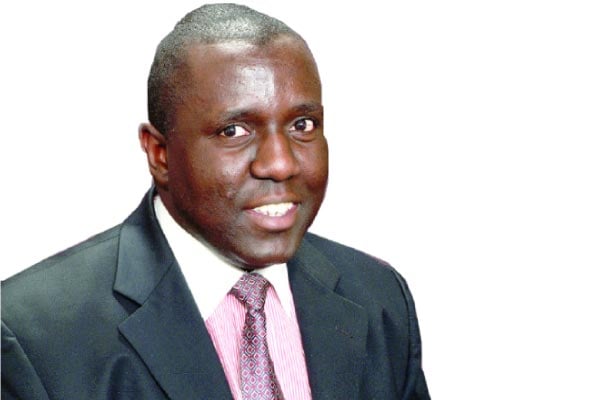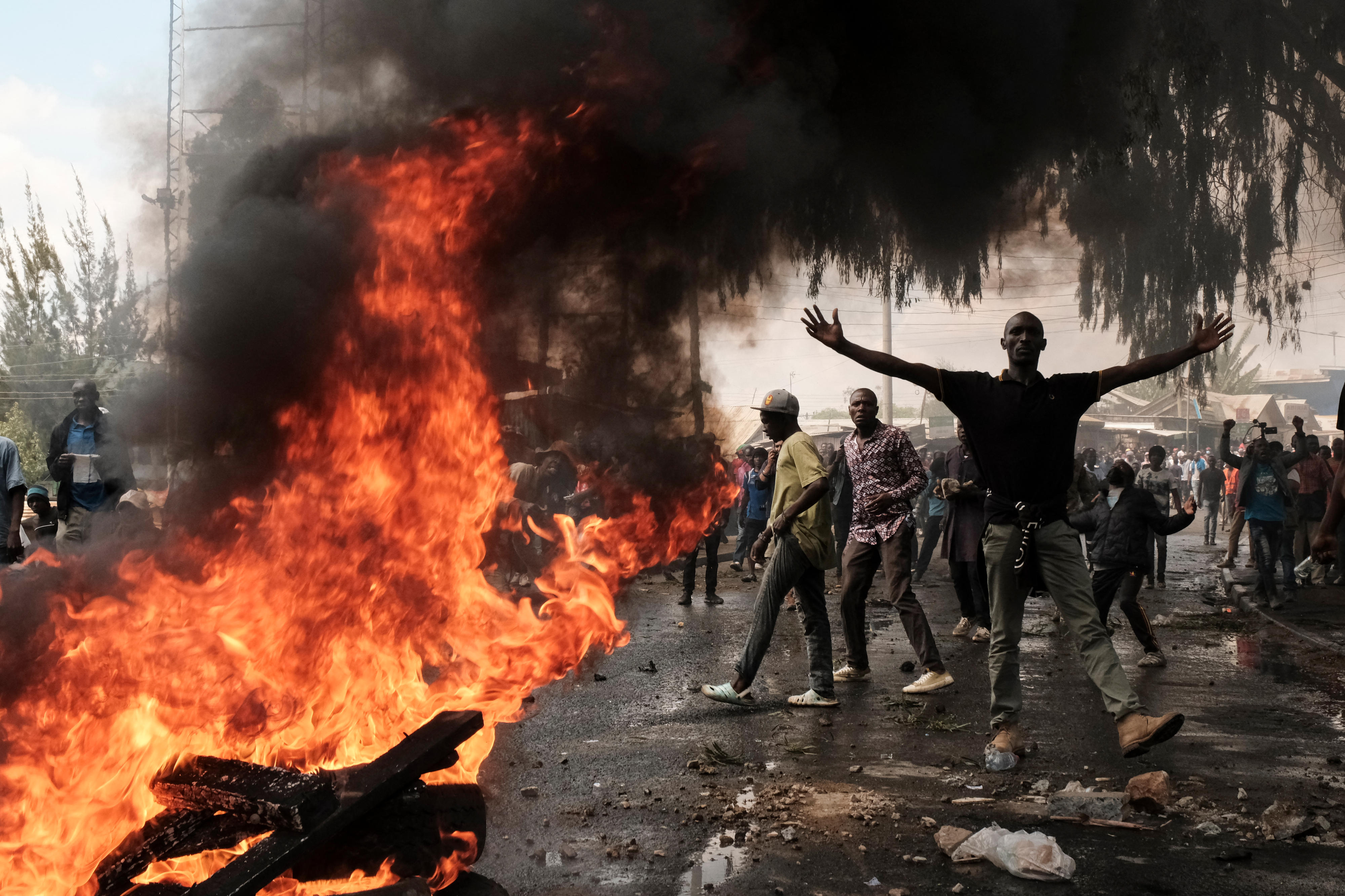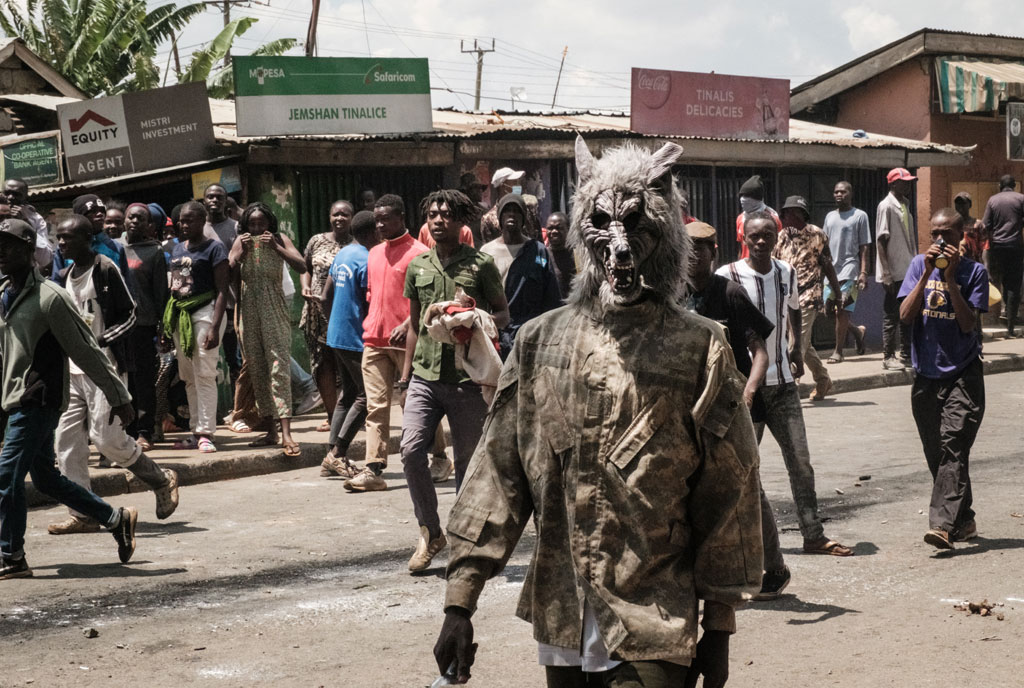Prime
Kenya has been complicated by architecture of capitalist system

Author: Mr Karoli Ssemogerere is an Attorney-at-Law and an Advocate.
What you need to know:
- Low-cost producers like Uganda are enjoying the Kenyan market.
- The cartels have pushed this a notch higher dumping sugar from as far away as Brazil.
Azimio Leader, former Prime Minister Raila Odinga, 77, has led demonstrations in Nairobi, Kenya, giving all he can in the evening of his life.
The 2023 demonstrations are remarkable, 40 years after the December 1982 coup attempt that nearly ousted President Daniel Moi from office, the year Kenya formally became a one party state.
The transition from de-facto to de-jure one party state signaled many things. First, was the end of the independence era.
Second, a more authoritarian state was necessary to enforce law and order.
Third, the concentration of power proved impossible to maintain.
In just eight years, Kenya faced even more unrest, the near collapse of KANU, return to multi-party rule in 1992 egged on by both foreign and domestic interests. It is remarkable that as Kenya was liberalising, Uganda was just starting to domesticate a one-party system, the Movement system that like Kenya’s de jure one party state also lasted just ten years from 1996 to 2006.
In 2023, however, even by the standards of Uganda’s delayed political development, arrested by an immobile social system, egged on by tradition and an individualist culture, there is something the opposition in Uganda should pay close attention to next door.
First, everyone in the country accepts demonstrations have to happen, that’s the law of the land. Interior Secretary Kinduki Mithuri has been promising security for demonstrators, and even though there are excesses, loss of life and property, the demonstrations are a safety valve for the system to cool off some pressure and anger.
Times in Kenya have been complicated by the architecture of its capitalist system. The three most important commodities in the economy, petroleum, sugar and maize have all been a big cause of ulcers.
First Kenyan price controls make it more profitable for the Kenyan oil mandarins to trade elsewhere in East Africa. The Uhuru Kenyatta subsidies ahead of the general election not only depleted the treasury, they were also ineffective.
The collapse of sugar has hurt a politically vulnerable constituency. Sugar once the pride of Kenya has reached near total collapse, a combination of mismanagement, worn out technology, climate change and yes the rise of new cartels that run cash flows in Kenya.
Kenya with a rapidly urbanizing population is a major market for both sugar and maize-meal, the staple (Ugali). Low-cost producers like Uganda are enjoying the Kenyan market. The cartels have pushed this a notch higher dumping sugar from as far away as Brazil. If you are doing intelligence on the richest politicians and businessmen in Uganda, look at sugar, not apartments.
Apartments are a form of primitive capital accumulation of wealth, people who want to sleep next to their money, the real capitalism are people who sleep in other people’s stomachs, day and night.
In climate change, all these factors start to freely mingle. Climate change means high cost of inputs. Kenyan farmers are still very productive per unit area. Their cows still produce milk but not at the same economics of the Ugandan milkers whose owners are also sheltered by raw political power. Then the interesting chicken and egg situation with our biggest economic partner.
Kenyan day-old chicks are far more formidable when exposed to Ugandan feeds and care, they lay so many eggs which we export to Kenya.
Lastly, again in response to GMO food, Uganda went big and began producing cooking oil at great cost to its fragile ecosystems.
In 2020, a liter of cooking oil was Shs 3900.00 retail. In 2023, a liter of cooking oil is Shs 9000.00. Cooking oil like sugar is an essential ingredient in nearly all genetically modified foods.
President William Ruto’s first executive action after election, probably egged on by big Western interests that crushed Mr. Odinga’s perhaps final presidential hopes was to open blanche carte Kenya to GMO foods.
In Uganda, we have GMO but we don’t talk about it. We are feeling the same pressure, adulteration and intoxication of the entire food chain.
The rising prices of ingredients in the domestic rolex have made it to the front page of the New York Times but perhaps owing to our more violent post-independence history, or the Public Order and Management Act, no one, is ready to start trailing the streets, the way Raila Odinga did on Monday and kept his word.
Mr Karoli Ssemogerere is an Attorney-At-Law and an Advocate.




